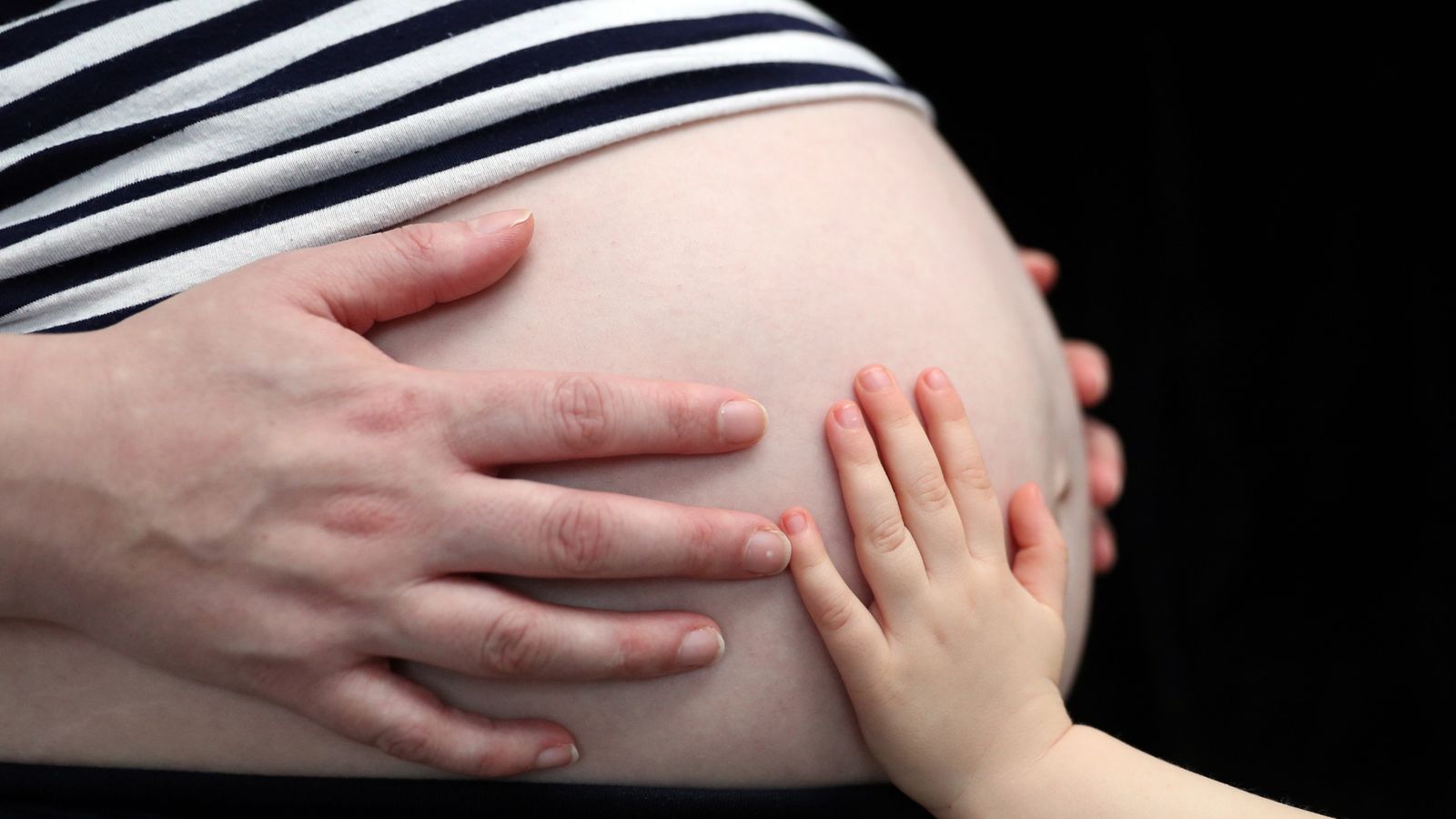One in five women have a so-called ‘miracle’ natural pregnancy after giving birth via fertility treatment such as IVF, a pioneering new study has discovered.
The research by the University College London (UCL), published in the scientific journal Human Reproduction, considered the number of women conceiving a second child naturally after having a baby via assisted reproductive technology (ART).
The findings indicate that “natural pregnancy after having a baby by IVF is far from rare”, said lead study author, Dr Annette Thwaites.
“This is in contrast with widely held views – by women and health professionals – and those commonly expressed in the media, that it is a highly unlikely event.
“Frequent press articles profile women and celebrities…often describing their subsequent natural pregnancies as ‘amazing’ or ‘miracle’ pregnancies, assumed by some to be a universal blessing.”
The study analysed data from 11 studies of 5,180 women worldwide – including 1,160 from the UK – between 1980 and 2021 to conclude 20% of women who sought assisted conception for their first child are able to become pregnant again naturally within three years.
The study, conducted by UCL’s Institute for Women’s Health, also included a report from Dr Thwaites including interviews with 22 women who became pregnant again naturally after having fertility treatment.
Al Pacino expecting fourth child at 83 – this time with 29-year-old girlfriend Noor Alfallah
What causes sudden infant death syndrome? New study looks at brain ‘abnormality’ link
Sunak hits out at vape companies for appealing to children – and reveals he is looking forward to Katy Perry performing at King’s coronation
Two women described their “surprise” when they learned they were expecting again – but one admitted she felt “overwhelmed and unprepared” while another said the news could have come as a “shock” if she didn’t want a second child.
Dr Shema Tariq was diagnosed with a low ovarian reserve and told her chances of conceiving naturally were almost zero.
Read more:
Pregnant women ‘suffering in silence’ with mental health issues
Racism plays ‘key part’ in maternity health disparities, MPs say
Now she is a mum of two children, aged three and four.
The 43-year-old academic from London, said: “It took six rounds of IVF to conceive our son, who was born in 2018.
‘I would have used contraception until I was ready for a second child’
“My GP briefly mentioned contraception to me after he was born, but we both laughed and agreed that it wasn’t relevant.
“Eight months later I was unexpectedly, and naturally, pregnant with our daughter.
“She has been the most wonderful surprise, but when we first found out I felt overwhelmed and unprepared for another pregnancy.”
But she added: “If I’d known that one-in-five women conceive naturally after IVF I’d have used contraception until I was ready both emotionally and physically.”
‘Even experts get these things wrong’
Another woman, Sally Pearse, was warned it was almost impossible for her to conceive naturally after she was diagnosed with endometriosis in her 20s.
‘After the birth of my first child though IVF, I met with the IVF consultant and asked if I may conceive naturally now I had had a successful pregnancy.
“I was told I had a 1% chance of conceiving naturally so started plans for IVF again.
“The next month I conceived naturally and went on to have my second child.
“I was not given a reason for the 1% chance and feel that even experts in their role get these things wrong.
“If I hadn’t wanted another child I would have been shocked rather than pleasantly surprised.”
The vast majority of the participants had subfertility – when conceiving takes longer than typically expected.
A small number of people had IVF due to reasons unrelated to fertility – including surrogates, single and same-sex parents.
Please use Chrome browser for a more accessible video player
More than 10 million babies are born worldwide via IVF, with the research providing important knowledge on how likely people who have successful treatment are likely to conceive naturally afterwards.
Dr Thwaites said: “Knowing what is possible would empower women to plan their families and make informed choices regarding further fertility treatment and or conception.
“National, data-linked studies are needed to provide more accurate estimates of this incidence and analysis of associated factors and trends over time, to facilitate tailored counselling of couples considering further ART,” she added.
One in six adults worldwide will experience infertility, according to a landmark report by the World Health Organisation.
New figures yesterday revealed more people than ever are accessing fertility help in the UK – but long NHS waiting times are being blamed for forcing more families to pay for private treatment.







